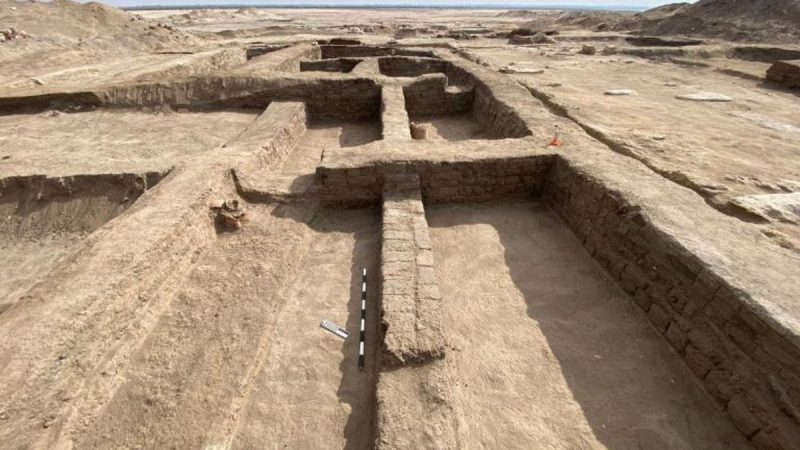Malaysia Sees 300 Percent Rise in Power Theft Tied to Illegal Crypto Mining

Illegal crypto mining operations in Malaysia spiked by 300 percent between 2018 and 2024, Malaysian publication The Star reported Monday, citing the country’s largest electricity utility company, Tenaga Nasional Berhad (TNB). In 2018, a total of 610 illegal mining cases were reportedly identified in Malaysia and the number spiked to 2,397 last year. Law enforcement authorities in the country are said to have initiated efforts to identify and bust locations they suspect are origins of unauthorised mining operations.
Crypto mining is a power-intensive process requiring miners to solve complicated algorithms on advanced computers, that need to be connected to electricity at all times. Bitcoin is the most commonly mined cryptocurrency, that allows miners to earn rewards for generating new tokens. Regions where crypto mining clusters are active often suffer from electricity shortage as well as outages.
Over the last six years, Malaysian law enforcement agencies observed a rise in complaints of power disconnections and suspicions of potential electricity theft, the report by The Star said. After clocking nearly 2,400 illegal mining cases last year, Malaysia is trying to adopt a tighter oversight on these activities.
Authorities noticed that several property-owners reported unusually high electricity bills from their rented spaces. These bills ranged from RM 30,000 (roughly Rs. 5.86 lakh) to RM 1.2 million (roughly Rs. 2.34 crore). Upon probing the cases, the authorities were led to illegal mining operations being run by tenants. The report claimed that around January this year, over 60 house and shop owners from the Malaysian state of Perak reported high power bills.
The TNB has reportedly claimed that it is working with the relevant national authorities to identify, probe, and tackle the growing number of power theft cases linked to crypto mining. The agency is pushing the use of a smart meter that could maintain records of electricity usage for each property.
Under Malaysia’s Electricity Supply Act, electricity thieves can face jail-time of up to a decade, alongside a penalty of RM 1 million (roughly Rs. 1.95 crore), the report highlighted.
At present, crypto mining is not exactly illegal in Malaysia but miners are reportedly required to register their operations and comply with anti-money laundering rules.
Malaysia is also working to finalise its Web3 and crypto-related strategy. In April, Malaysian Prime Minister Anwar Ibrahim met Binance co-founder Changpeng Zhao to discuss on the national Web3 roadmap. Perhaps, in the coming time, the country could clarify the dos and don’ts for crypto miners as well.
Global View on Crypto Mining
Last year, the International Monetary Fund (IMF) proposed a significant tax increase on crypto mining businesses to encourage the adoption of greener practices. It said that crypto mining could generate 450 million tons of carbon emissions by 2027, accounting for 1.2 percent of the global total.
Like Malaysia, there are other nations as well where illegal crypto mining has emerged as a topic of concern. In May last year, Venezuela banned crypto mining altogether and seized thousands of mining machines.
In recent years, Norway, Russia, and Kazakhstan have taken steps to handle the spike in unlawful mining operations, as well.
At the same time, regions like Bhutan, Netherlands, and Uzbekistan have tried to explore environment-friendly crypto mining options.






